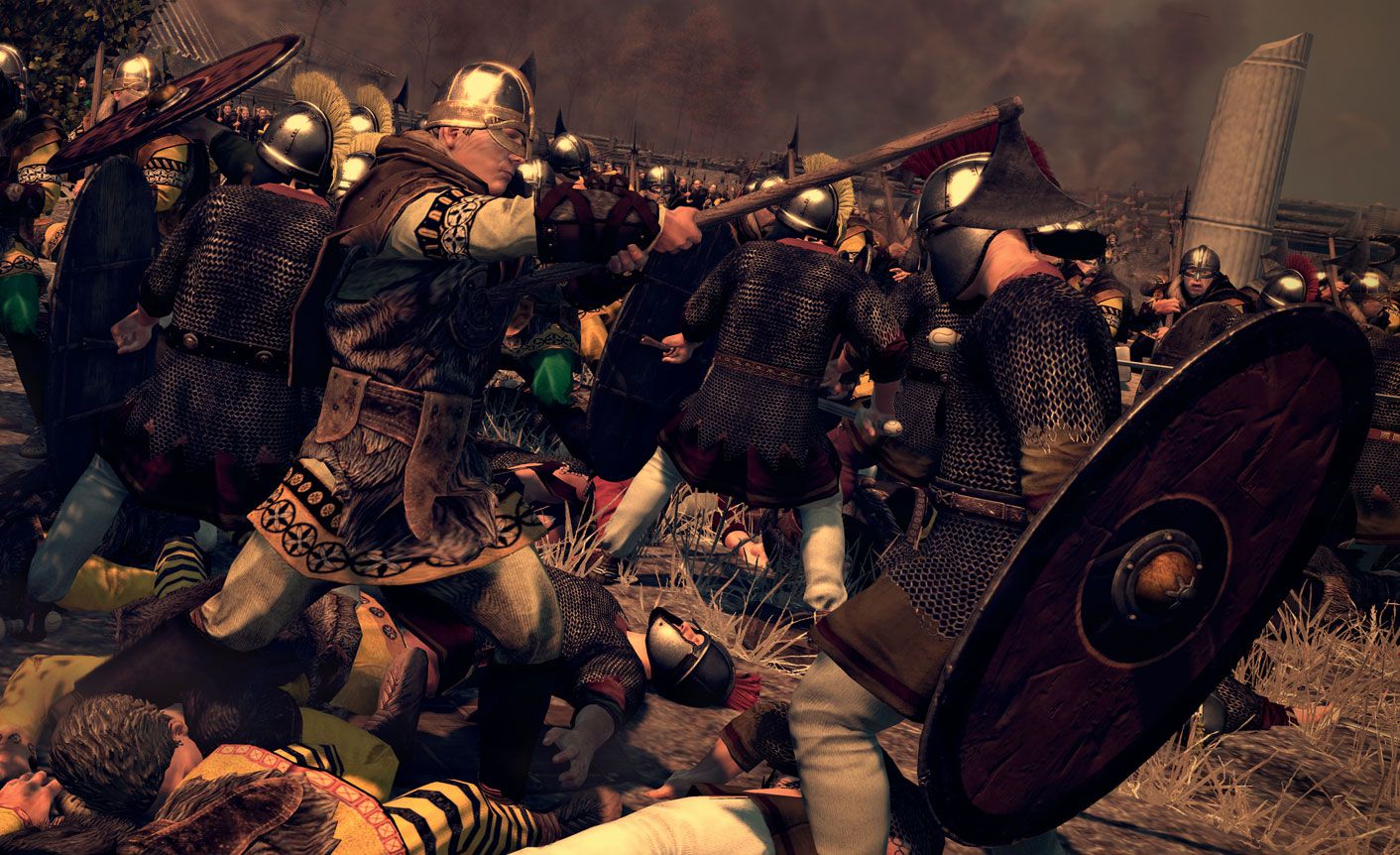

Money are spent on gifts, and for trading you will need land or sea road and a signed treat. In order to improve relations between countries, you should start with money and trading. Too many different, gathered through whole game factors will make it harder for you. Because of that, the more further in the game, the harder it is to make an enemy country your ally. Other, like hostile religion, are possible, but hard to change. Much of them you won't be able to eliminate, like wrong culture or to high empire level. When they drop to red, probably the only thing that you will be able to negotiate with your enemy, is war. If they are yellow, your possibilities are limited. If relations between you and another country are green, then you will be able to negotiate most treaties. It is a clear information about your diplomatic possibilities.

Relations can change, become better or worse, but they can't get beyond those three categories. Though defined with digits, they have three states - good, shown with green icon, neutral, marked with yellow icon and bad, with red icon.


Because of that, a horde that through whole game remains in the western part of Western Roman Empire can have diplomatic relations with Byzantine Empire, although both countries lies on different parts of the continent. Another country must be your neighbor, you must see it through an allied country, get to it with your military or in any other way discover its existence. And that is how you should treat it - as a set of additional ways for preparing yourself to war.ĭiplomatic relations start automatically between two countries that can see each other. Diplomatic options offered by game are very limited and focus on two things - resources for waging war, like money from trade or allies, and war itself. Just as in other installments of the series, in Attila diplomacy is more like an addition that important element of the game.


 0 kommentar(er)
0 kommentar(er)
